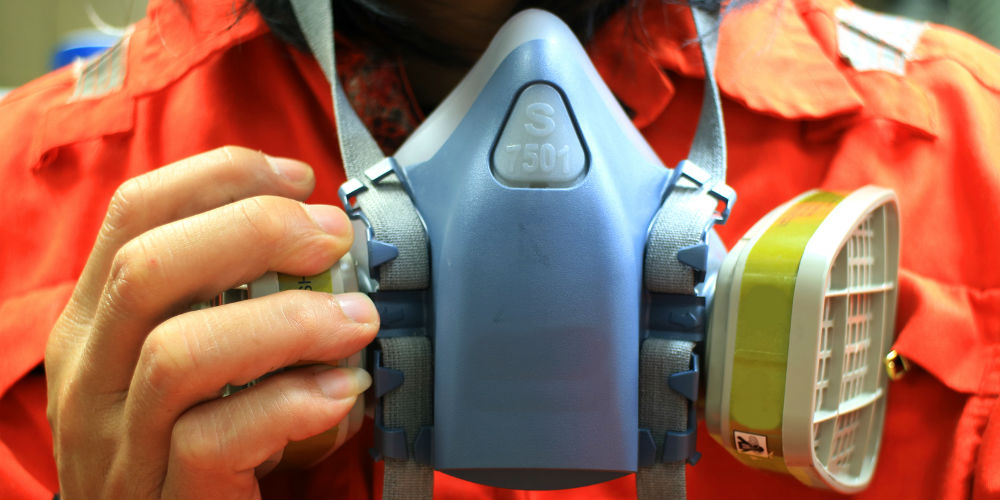A path from financial toxicity to financial equality

Too many consumers are living in financially toxic situations. The low- and moderate-income, credit-challenged, minority, unbanked, and underbanked face the greatest barriers to financial equality.
These situations negatively impact quality of life, create barriers to equal access to financial product, and restrict financial development. Credit unions have always been hailed as the consumers champion – people helping people. While it’s true that credit unions can’t help everyone and fix every financial injustice or situation, there’s a lot more that credit unions can do to help move more consumers from a state of financial toxicity to one of financial equality.
Financial toxicity
According to the Center for Financial Services Innovation (CSFI), more Americans are turning to alternative credit sources for quick access to cash every year. An estimated 15 million people annually use small-dollar credit products to meet their financial needs.
Low-income, credit-challenged, and minority consumers are at special risk of auto-loan predation. Since 2009, subprime auto lending has more than doubled, while lending on terms that reflect a good credit history has increased by only about half. The 2016 estimated revenue from predatory auto loan sales to underserved consumers is $42.6 billion.
Inequality extends beyond credit score. The 2016 CSFI proportion of borrowers with higher credit scores still using “Buy Here, Pay Here” (BHPH) auto loans has increased over the years from 20 percent in 2009 to 30 percent in 2015. Among BHPH borrowers with a VantageScore above 600 in 2015, half had scores were above 660 and one in ten had scores above 780. This indicates that lower credit scores or lack of a credit file are not the only factors influencing choice of auto loan product. Other types of barriers, such as information disparities or geographic access constraints, may also impact choice, indicating opportunity for other auto loan providers to better understand the needs of these borrowers.
Predatory financial products and services are toxic. High rates and fees create financial strain on tight budgets. They limit asset building, and they effectively trap people and hold them back from accessing fairly priced mainstream products and services.
Financial equality
Financial inequality occurs when low-income, credit-challenged, or minority consumers have limited access to necessary financial products. Increasing financial equality occurs when credit unions create access to products people need to live and progress financially. But credit unions can also unwittingly create barriers to financial equality. When credit unions limit the minimum auto loan amount, the age of, or the miles on a vehicle they will finance, they limit access to lower-income consumers who may only be able to afford to pay $3,500 for a 10-year-old car. I’m not advocating that credit unions should build their portfolios around these types of loans, but I do believe that a financial movement that bills itself as a friend of the consumer should offer great flexibility and equal access.
When credit unions limit checking accounts only to people with a clean ChexSystems report, they limit underbanked or unbanked consumers from having a low-cost alternative to check-cashing. Of course, a credit union would never open account with excessive abuse, and never with a fraud report. But I believe we miss a lot of good accounts and people when we have an iron clad rule that says no new checking accounts for people with a negative report.
Our team spends a lot of time with Low Income Designated credit unions that successfully service the lower-income, credit-challenged, minority, underbanked, and unbanked markets. These amazing credit unions are focused on ways to make access to non-predatory financial services easier. They create access to financial education, coaching, and appropriate products that help people have equal financial opportunity to build good credit and save for a better future.
How do we move consumers from toxicity to equality?
Here are some helpful areas of focus:
- Provide convenient online and in-person financial and credit counseling. Providing vulnerable consumers with good information improves equal access.
- Provide very-low-barrier deposit accounts – regular savings accounts should have little or no required minimum balance to encourage savings at any level.
- Give more second chances. Many people are underbanked because they’ve messed up in the past and had a checking account closed at another institution. Give more of these people a second chance with a new checking account. If you do this, make sure you tell your members (and potential members). A majority will assume that you won’t, so if you believe in second chances (with well-defined limits), let them know.
- Offer and promote Credit Builder loans to help people improve scores to qualify for lower rates at your credit union. These loans help people have equal access to better-priced loans.
- Have flexible loan terms. Low minimum loan amounts, and terms for older cars and vehicles with higher mileage help consumers avoid predatory auto lenders and have affordable transportation to work.
- Have an alternative to payday and title loans that includes credit counseling and credit-building opportunities. I don’t recommend that your shop become a high-volume payday lender. However, you should have a product that helps people with unplanned emergencies.
- Improve equal access to minority consumers by having bilingual (bicultural is better) staff to help, and have translated documents to limit communication barriers. Also, accept alternative identification to help non-citizens have equal access to non-predatory services.
Why it matters
These steps increase equal access to financial products and services that will improve people’s quality of life. Improved equal access creates loyal members. A strong message of financial equality is also likely to resonate with Gen Y and Z. They very much support equality issues, and are likely to view this position as clearly different and better than any bank.
Of all the financial service providers, financial equality is best aligned with the credit union movement’s values. If credit unions don’t consistently rise to the need, who will?





